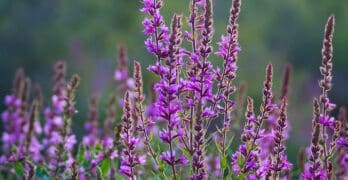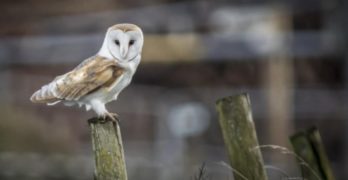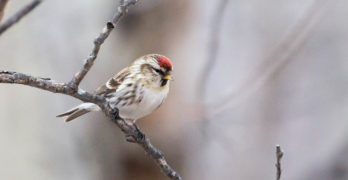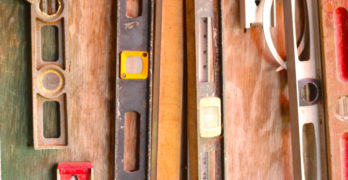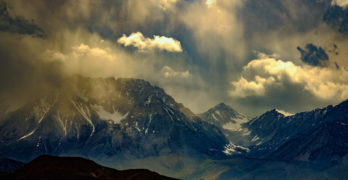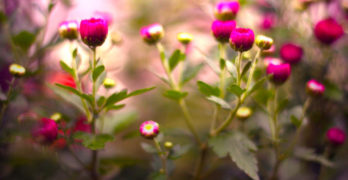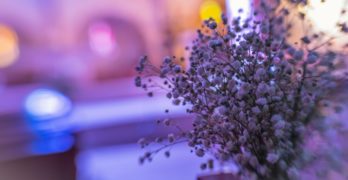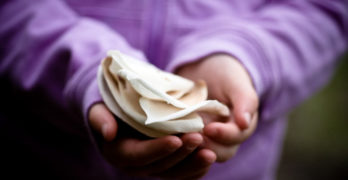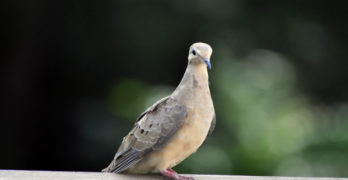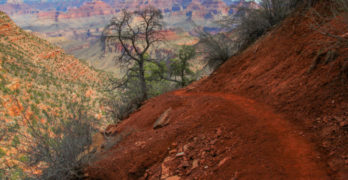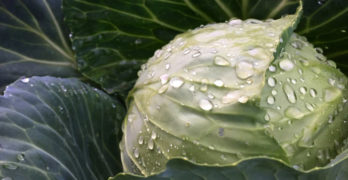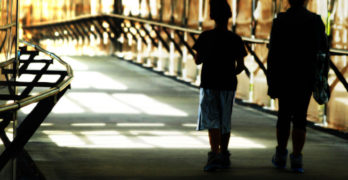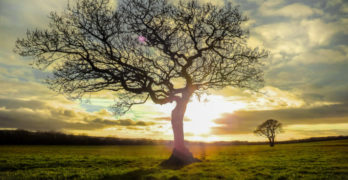From beginnings to writer’s block, from ambles to art-making—check out this interview with poet Ellen Kombiyil!
Good News—It’s Okay to Write a Plot Without Conflict
What makes a plot worthy of writing? Get past societal assumptions about stories, and write a great plot without conflict.
Bee Hives & Dragon Claws: A Vision Board and a Manuscript
Are you stuck in your writing process? Try a vision board. Callie Feyen’s incorporates bee hives and dragon claws.
Rescuing a Story through Poetry—How a Ghazal Saved a Dog!
Is your story not working? Try rescuing a story through poetry! That’s what happened when a dog named Rascal met a ghazal.
Books on Writing: A Line of Words
Annie Dillard, Madeleine L’Engle, Charity Singleton Craig and Andrew Peterson guide Rebecca D. Martin on a wander through the writing books on her shelf.
How to Like Your Essays, More and More
If you want to like your essays, more and more, it helps to begin by liking others’ work—and seeing what *makes* it work. Get inspiration for how. Plus prompts! From author Charity Singleton Craig.
Teach It: Collaborative Poetry—I’m With Aristotle
Writing collaborative poems proves a fertle ground for students to learn and grow both collectively and individually.
Pandemic Journal: An Entry on Home Education in a Time of Superlatives
Rebecca D. Martin reflects on educating children at home during the pandemic and finding joy with the weatherman in a time filled with strong words and superlatives.
The Writing Life Workshop: A Practice That Sustains
The writing life must be just that—a life—if it is to sustain. But how do you develop that life on a practical level? Or, how do you jumpstart it if it seems to have slipped away? Come together with an encouraging community and stir new writing habits and inspiration, in a workshop that will show you the ways.
“The Art of the Essay” Book Club: Slant
In a tell-all environment, how do we write essays when we can’t tell it all? We tell it slant. Join us for our book club on ‘The Art of the Essay.”
Where Foreshadowing and Symbolism Meet: Adumbration
Create layers and depth in your writing by trying the technique of adumbration, which occurs at the intersection of foreshadowing and symbolism. Charity Singleton Craig explains how.
A Resource for Fiction Writers and Poets: “The Art of the Essay” — What?
“The Art of the Essay” by Charity Singleton Craig is not only for nonfiction writers; novelists and poets can benefit from it as well.
“The Art of the Essay” by Charity Singleton Craig
“The Art of the Essay” by Charity Singleton Craig is written to writers by a writer who loves what she does and wants other writers to love (and be better at) what they do.
2 Big Tips for Great Interviews (plus 1 more)
Journalist and author Megan Willome has two tips for great interviews. (Make that three tips.)
Poetry Prompt: Angry Poem Stacks
Join author Callie Feyen as she shares how editor L.L. Barkat helped her pay attention to her anger using the Jealous Poem Stacks model.
Wait, Do I Need to Write a Query Letter?
“I will write about feeling the pressure of cabbage, as a way to discuss writer’s block. It will be poetic and meandering. I’m thinking you’ll like it.” Join us for this exploration of whether (and how) you should write an article query.
Read Like a Writer: Second Person Narrative Voice in Claudia Rankine’s “Citizen: An American Lyric”
Charlotte Donlon explores use of the second person narrative voice through the work of Claudia Rankine— and helps writers discover something surprising that’s within their power to do.
8 Ways Writers Can Enrich Each Other’s Work
Bethany Rohde shares 8 ways that writers can encourage one another—from dealing with ideas that feel question-marky to fending off the censor bullies—served up with warm wit and warm cookies.
Read Like a Writer: C.E. Morgan’s Personification Technique in “All the Living”
In the latest Read Like a Writer column, Charlotte Donlon explores the use of personification technique to bring words to life.
Read Like a Writer: Mary Oliver’s “Upstream”
Charlotte Donlon invites us to “read like a writer,” discovering both a rich past and an immediate present in the present tense writing of Mary Oliver’s “Upstream.”
